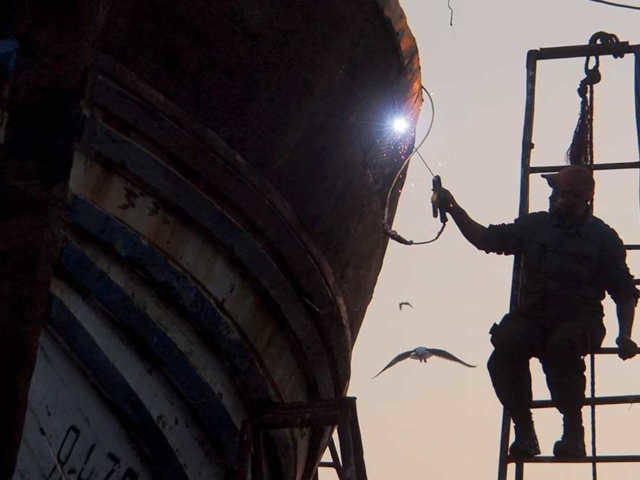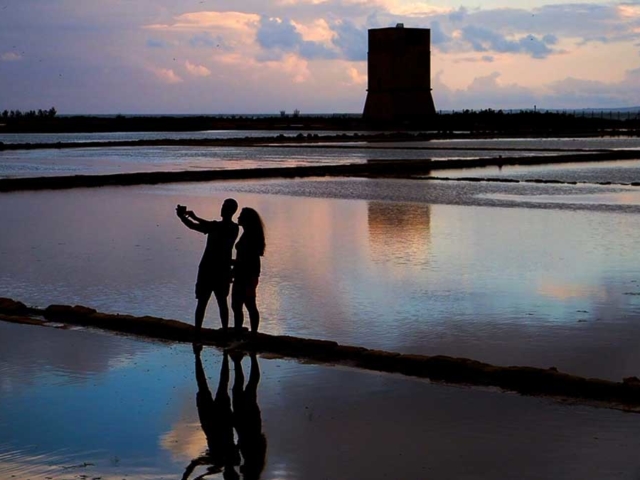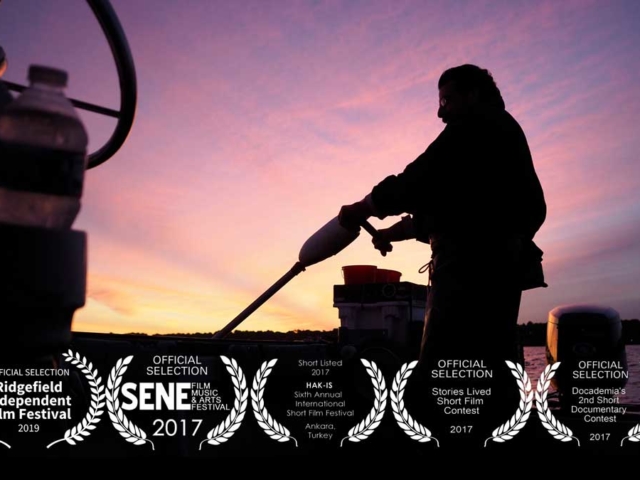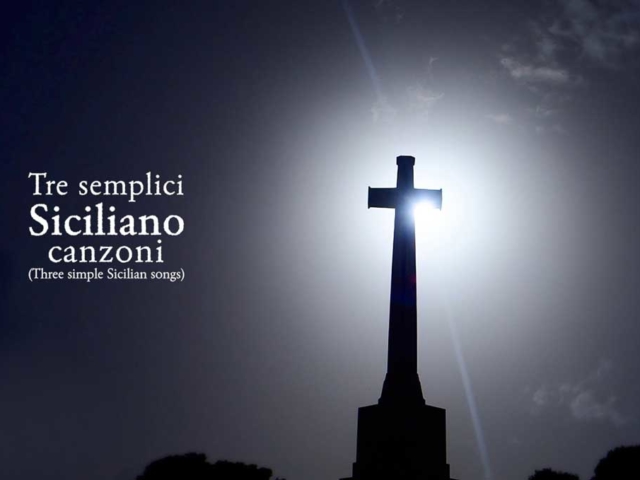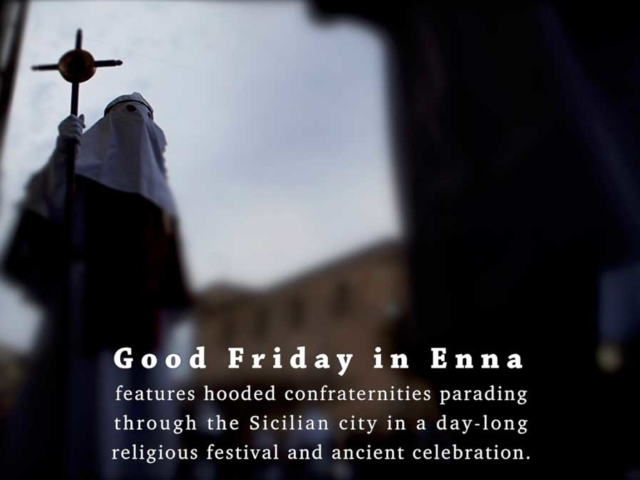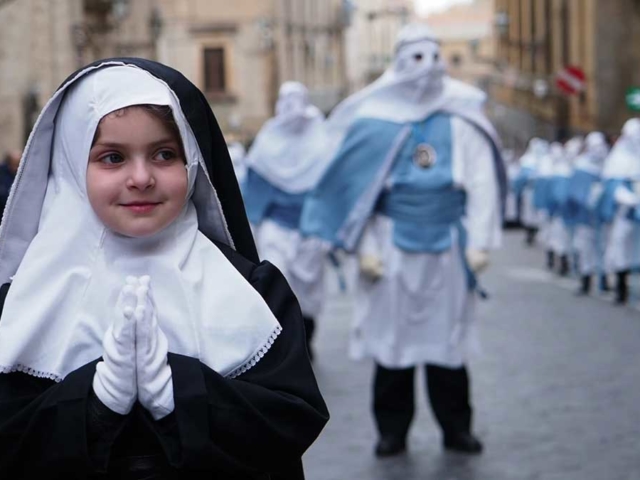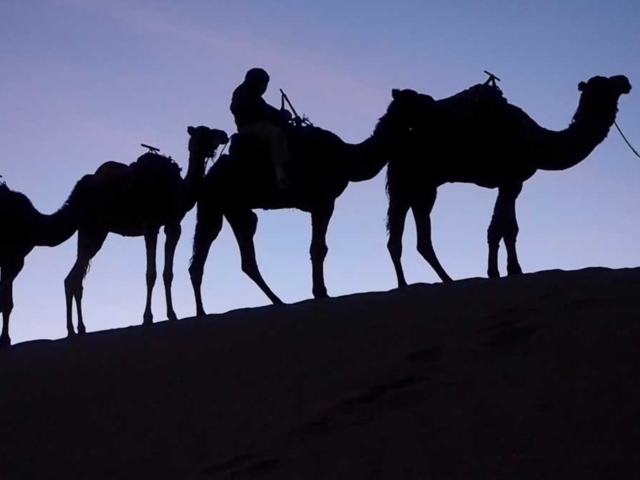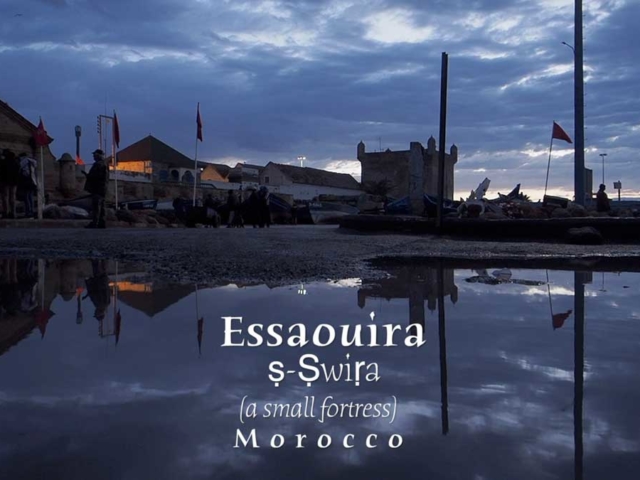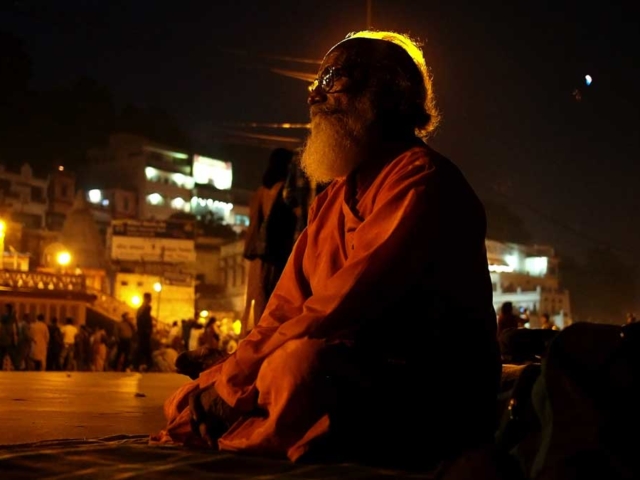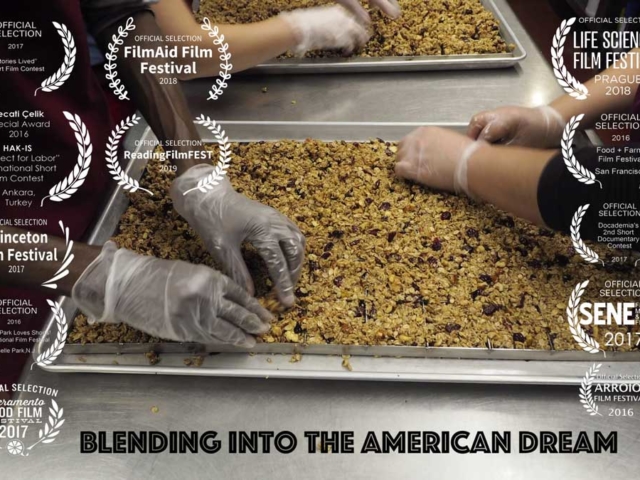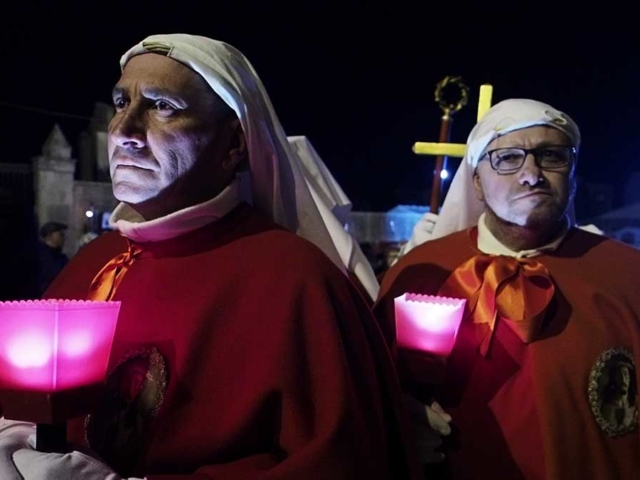David H. Wells
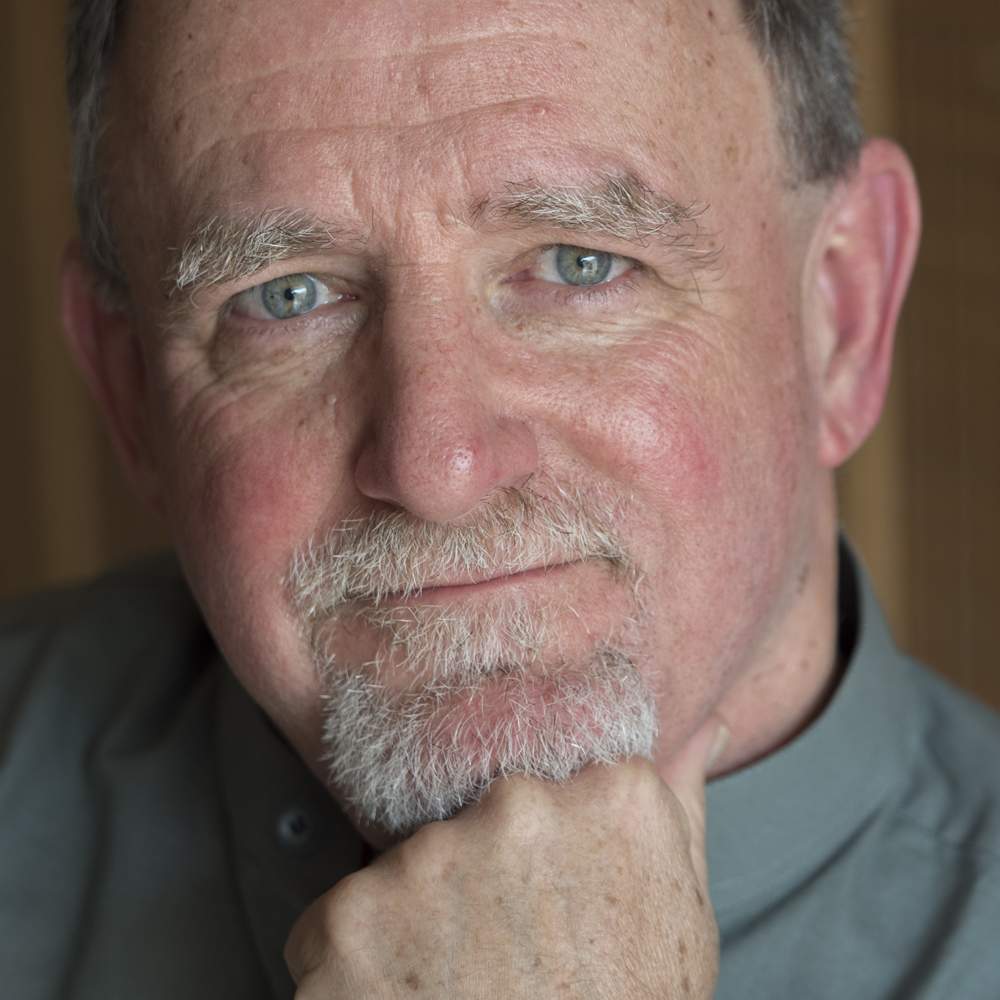
About
David H. Wells (www.davidhwells.com) is documentary photographer/filmmaker and award-winning photography educator who divides his time between Providence, Rhode Island and Bangalore, India. One day you can find him creating still and moving images for clients, such as Edible Rhody and the Providence Preservation Society on the unique local culture of America’s smallest state. Other days he may be working on personal/grant funded projects on the beautiful Narragansett Bay with the support of Rhode Island’s Council for Humanities and State Council on the Arts. In India’s “Silicon City” Bangalore, he is busy creating visual narratives for clients such as Bryn Mawr College and Aramco World or working on personal/grant funded projects supported by the Fulbright and Alicia Patterson Foundations. He has worked on assignment for such magazines as Fortune, Life, National Geographic, Newsweek, The Sunday New York Times, and Time, among others. Many of his short films have been juried into film festivals around the globe, including Ankara, Bangalore, Jaipur, Lahore, Lisbon, Mumbai, New Haven, New York City, Philadelphia, Providence, Rome, Sacramento and San Francisco.
Gallery
LACP Interviews David H. Wells
LACP asks David H. Wells ten questions about his background, career in and beliefs about photography.
Los Angeles Center of Photography: What kind of photographer are you?
David H. Wells: I am a self-employed editorial photographer. I create photos (and increasingly videos) of real life situations, including people, events, communities, etc. that are then used by organizations, publications and individuals to tell their stories. I also teach a fair number of workshops all over the world and license my images for re-use as stock photography through various photo agencies.
LACP: How long have you been shooting?
DHW: I started exploring photography in high school in 1972, where I learned the craft of film-based photography and then I studied the history of photography in college, to get to better understand the history of the medium, the it’s aesthetic trends, the various genres and the important figures, etc.
LACP: Where did you get your training?
DHW: Warren High school in Downey, California is where I studied the craft and Pitzer College in Claremont, California is where I learned the aesthetics. I had a series of jobs as a newspaper photojournalist between 1981 and 1985 where I learned about photojournalism practice. Since then, I have been self-employed, continually teaching myself the latest processes, be that color slides or digital video.
LACP: When did you know you wanted to devote your life to photography?
DHW: When I first saw photography as only a technical craft, I was not sure it could hold my attention for a lifetime. At Pitzer College, I learned that photography could be my life’s work once I understood the intellectual, political and aesthetic components of the medium.
LACP: Did you ever come close to giving up?
DHW: Numerous times early on, I thought about switching to other careers, but I have (thankfully) never acted open those moments of anxiety. When I was very early in my life as a self-employed photographer, it took a LOT of faith to be assured I would survive and thrive. The fact that I have survived and thrived through so many different changes over the decades has instilled in me a level of confidence that gets me through the ups and downs.
LACP: Have you sacrificed anything by being a photographer?
DHW: I have never made as much money or had as much job security as any of my high school or college peers. I have always lived simpler than they did but I have never regretted that choice, since the creative aspects of my career have more than made up for the economic limitations.
LACP: What have you gained by being a photographer?
DHW: Photography has given me two very important things: First it has been an excuse to ask questions, to go places, to raise issues and to tease those ideas out in the forms of photo-essays and projects. Second, it has given me a tool to keep challenging myself to see if I can do something new, different and better. While I am obviously competing against my peers as a professional, I am really competing against myself.
LACP: What classes do you teach at LACP?
DHW: I teach a class based on the building blocks of my photography, titled “Light, Shadow, Night and Twilight”.
LACP: What do you love most about teaching?
DHW: Teaching challenges me to break down a process that is intuitive to me and share to it with others so they can practice and eventually master the skills I am teaching. Once the students start to grasp the techniques I am teaching, the best part is watching them interpret their lives, the world and their experiences in their own unique ways. That is incredibly rewarding.
LACP: What advice would you give someone who is thinking about making a career in photography?
DHW: Taking pictures is a learned skill that you can learn in many different ways and yet it is the least important aspect involved in making a career in photography. You need to learn about aesthetics, the various genres, the history of the medium, the accomplishments of your predecessors as well as figure out what you want to say through your photography. You also need to master social media, networking, self- promotion, business and marketing in order to succeed and thrive.
